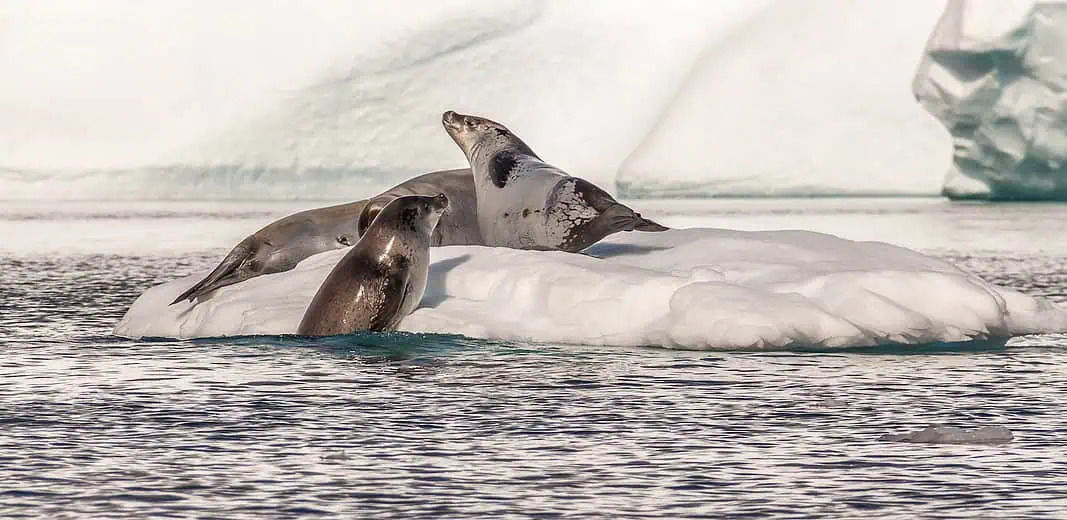A new study has shown that clues to historical environmental change can be found in the teeth, shells and bones of many marine species.
The team of researchers led by the University of South Australia found that many species, like whales, seals and more store a chemical fingerprint. This gives clues to the ecosystem’s health at the time and provides clues to pollution levels, temperatures and more.
The study was led be Dr. Zoe Doubleday from the University of South Australia Future Industries Institute, who stated:
“Many aquatic organisms – like whales, seals, octopus and even algae – harbour chemical fingerprints that can give us a record of the environment over time, from historical water temperatures, pollution levels, and ecosystem health. They can also be used to predict the future…
“Unlike traditional environmental monitoring, which can be costly and time consuming, or simply impossible, these organisms provide cheap, ready-made, archival data, which can be extracted using a scientific method called chemical sclerochronology.”
Doubleday added:
“These findings are crucial, as data on aquatic environments is both scarce and challenging to gather, especially in remote regions like the polar seas or deep oceans, both of which are sensitive to climate change. Expanding our focus beyond traditional methods and species will allow scientists to tap into a wealth of data that’s been largely overlooked until now. It will help us to track environmental changes, species ecology, pollution and human impacts, informing conservation strategies so we can manage our ecosystems more effectively.”
You can find the original research here.

